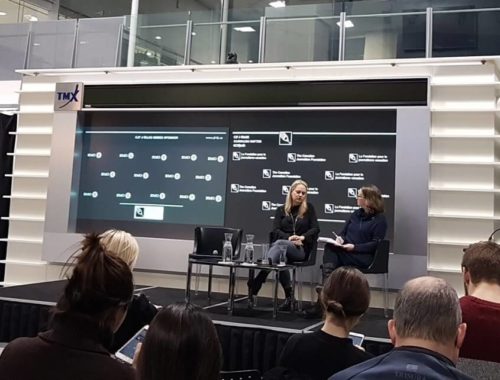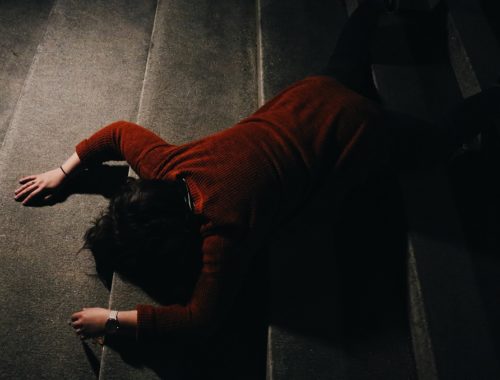
Becoming a journalist is a trap!
My journalism professor said that one of the biggest fears of a journalist is to be labeled as “biased”. Why? Because the role of a journalist is to cover a story from an objective point of view, neutrally relaying the important information to the audience. If a journalist gets attached to a story or chooses sides, he or she becomes unqualified to follow through with it. If he or she is accused of being biased, then someone in the audience found him or her to be leaning towards one side of the story. Which is exactly what we want to avoid.
Yet being “objective” in journalism is very difficult, because, as Andrew Kirell argues,
Every good journalist is informed about the subjects they cover and it would be near-impossible to be informed and not have an opinion.
We have beliefs and opinions even before we begin to cover a story; it is in our nature to evaluate the information that is before us and to make up opinions about it. To get rid of those in favor of objectivity is to get rid of our human persona. To get rid of those is to produce dull, faceless, uninteresting stories. When a journalist pursues objectivity, he or she basically tosses out all the passion that pushes him or her to chase after the story, to give voice to the voiceless, to be the citizen watchdog and report on unfairness.
My favorite argument is that of Sam Smith, a journalist and a political activist:
Once the journalist is trained not to take sides, he or she surrenders human values that make the world go round [and therefore] becomes incompetent to report on the rotation. Disengaged, [his or her] writing becomes vacuously neutral on the surface.
~Sam Smith, Why Journalism isn’t a Profession
Please tell me: how can a reporter not express human emotions when talking to a mother, who’s father and three children were killed by a drunk driver? How can a reporter not intervene when witnessing injustice to peaceful protesters, or if someone’s life is on the line amidst a natural disaster? Isn’t a journalist’s humanity crucial in these situations? Or should we keep trying to stay objective, allowing the audience to accuse us of reporting on problems in the neighborhood but not fixing them?
Perhaps a journalist cannot tap into the emotional side of a story for the purpose of being objective. Maybe he or she simply does not want to express opinions and thus wants to remain “objective”. Or maybe the problem lies deeper, maybe journalists just don’t not know how to not be objective.
I was chatting with one of the editors of one of Canada’s most notorious space blogs and the recurring point our conversation was that journalists are taught to be objective in their reporting. They attach no opinion to their writing, but these kinds of stories become boring to consume. This is a rising problem in journalism because new publications need people, who are not afraid to express their opinions — people who can, are able to, know how to express their opinions. People who have opinions in the first place.
Could having an opinion be a better approach to journalism today? You tell me. I think that anyone can have an opinion, but you have to have balls to express it and to understand that because you have an opinion, you’re already biased.
Becoming a journalist is a trap because there is always that Catch 22 about objectivity. The only thing that we are left to do is to remember that not everyone will see us as objective. There will always be someone who disagrees with us and who will accuse us of being biased. We cannot make everyone in our audience happy.
So why not just do what we love to do most? Why not do our job the way we think is the best? At least journalists are not bound by institutional codes and rules — we rely on our personal ethics, our organization’s guidelines and our skills to do our job. Who can stop us if the truth is on our side?
Follow me on social media!You May Also Like

User data and understanding the audience: how can the media adapt
February 3, 2019
Covering rape: What to look out for in time of #MeToo and #Time’sUp
August 2, 2018

